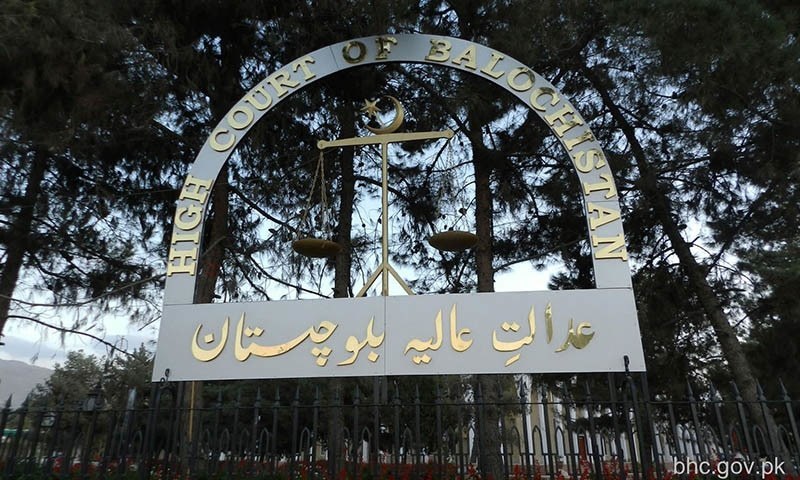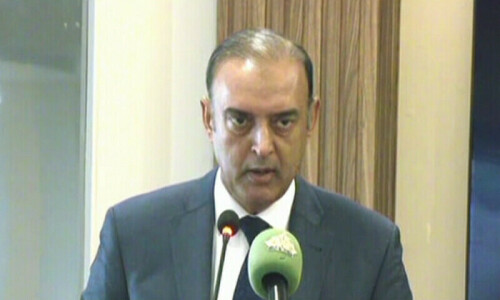QUETTA: The Balochistan High Court (BHC) has barred the provincial government from purchasing an air ambulance, which was approved in the annual budget for 2020-21.
The division bench of the Balochistan High Court — comprising Justice Muhammad Kamran Mullahkhel and Justice Abdul Hameed Baloch — passed the order while hearing a case pertaining to the plight of the district headquarters hospital in Turbat.
The court also issued a notice to the civil aviation authority to produce a logbook about the use of the planes and helicopters by the Balochistan government in the past one year.
The court remarked that the hospital’s condition could not be improved as the photographs presented by the petitioner’s lawyer in the court showed that the situation was unimaginable.
The Turbat hospital was the only recourse for the poor people living in the remote part of the province, the court added.
The Advocate General once again requested the high court for respite and assured that the orders of the court would be complied with and a comprehensive report would also be submitted to the court.
The court hoped that the Advocate General would personally approach the court regarding continuing supply of hospital medicines, supply of X-ray machine with UPS and X-ray films, ensuring availability of oxygen cylinder till installation of oxygen plant and availability of two dialysis machines and the required trained staff.
The issue of construction of another operation theatre would be taken up immediately with the department concerned and the doctors would ensure the attendance of paramedics, including class four and other small staff. For this purpose, biometric attendance of the staff would be ensured.
The court further ordered the authorities to improve the sanitation situation in the hospital. Under the supervision of DC Turbat, the Chief Officer Municipal Corporation should be posted for weekly cleaning and if there was a problem of shortage of staff, then the available staff as well as staff from other districts should be deployed on rotation basis.
On another application by issuing orders, the Balochistan High Court barred the Balochistan government from purchasing any type of air ambulance and in this regard had also stopped spending more for air traffic and training of pilots. “The unnecessary use of the helicopter has been banned till further orders,” the court ordered.
The bench ordered that send copies of the case to Additional Chief Secretary Division, health secretary, finance secretary, Balochistan Advocate General, Makran Division commissioner, Turbat Deputy Commissioner, Health Director General, MSDH Hospital Turbat, Chief Officer Municipal Corporation Turbat, and Med Additional Director.
Published in Dawn, July 4th, 2020














































